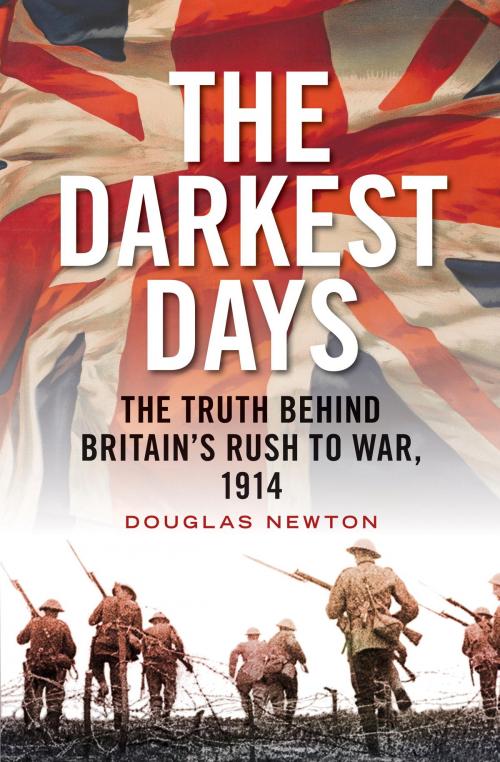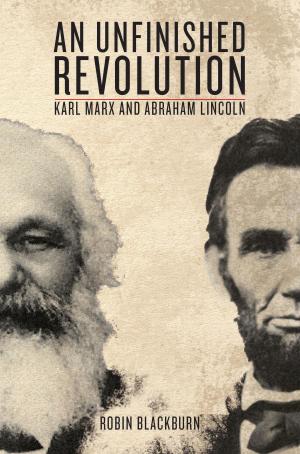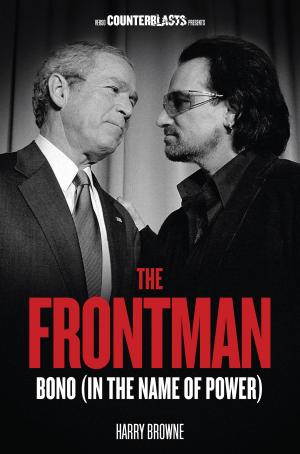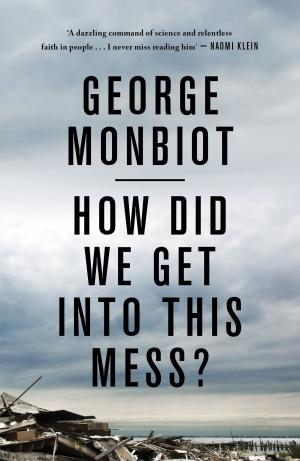The Darkest Days
The Truth Behind Britain's Rush to War, 1914
Nonfiction, History, Military, World War I, Modern, 20th Century, British| Author: | Douglas Newton | ISBN: | 9781781683514 |
| Publisher: | Verso Books | Publication: | August 12, 2014 |
| Imprint: | Verso | Language: | English |
| Author: | Douglas Newton |
| ISBN: | 9781781683514 |
| Publisher: | Verso Books |
| Publication: | August 12, 2014 |
| Imprint: | Verso |
| Language: | English |
The centenary of the outbreak of the First World War may be commemorated by some as a great moment of national history. But the standard history of Britain’s choice for war is far from the truth. Using a wide range of sources, including the personal papers of many of the key figures, some for the first time, historian Douglas Newton presents a new, dramatic narrative. He interleaves the story of those pressing for a choice for war with the story of those resisting Britain’s descent into calamity. He shows how the decision to go to war was rushed, in the face of vehement opposition, in the Cabinet and Parliament, in the Liberal and Labour press, and in the streets. There was no democratic decision for war.
The history of this opposition has been largely erased from the record, yet it was crucial to what actually happened in August 1914. Two days before the declaration of war four members of the Cabinet resigned in protest at the war party’s manipulation of the crisis. The government almost disintegrated. Meanwhile large crowds gathered in Trafalgar Square to hear the case for neutrality and peace. Yet this cry was ignored by the government. Meanwhile, elements of the press, the Foreign Office, and the Tory Opposition sought to browbeat the government into a quick decision. Belgium had little to do with it.
The key decision to enter the war was made before Belgium was invaded. Those bellowing for hostilities were eager for Britain to enter any war in solidarity with Russia and France – for the future safety of the British Empire. In particular Newton shows how Prime Minister H. H. Asquith, Foreign Minister Sir Edward Grey, and First Lord of the Admiralty Winston Churchill colluded to pre-empt the decisions of Cabinet, to manipulate the parliament, and to hurry the nation toward intervention by any means necessary.
The centenary of the outbreak of the First World War may be commemorated by some as a great moment of national history. But the standard history of Britain’s choice for war is far from the truth. Using a wide range of sources, including the personal papers of many of the key figures, some for the first time, historian Douglas Newton presents a new, dramatic narrative. He interleaves the story of those pressing for a choice for war with the story of those resisting Britain’s descent into calamity. He shows how the decision to go to war was rushed, in the face of vehement opposition, in the Cabinet and Parliament, in the Liberal and Labour press, and in the streets. There was no democratic decision for war.
The history of this opposition has been largely erased from the record, yet it was crucial to what actually happened in August 1914. Two days before the declaration of war four members of the Cabinet resigned in protest at the war party’s manipulation of the crisis. The government almost disintegrated. Meanwhile large crowds gathered in Trafalgar Square to hear the case for neutrality and peace. Yet this cry was ignored by the government. Meanwhile, elements of the press, the Foreign Office, and the Tory Opposition sought to browbeat the government into a quick decision. Belgium had little to do with it.
The key decision to enter the war was made before Belgium was invaded. Those bellowing for hostilities were eager for Britain to enter any war in solidarity with Russia and France – for the future safety of the British Empire. In particular Newton shows how Prime Minister H. H. Asquith, Foreign Minister Sir Edward Grey, and First Lord of the Admiralty Winston Churchill colluded to pre-empt the decisions of Cabinet, to manipulate the parliament, and to hurry the nation toward intervention by any means necessary.















